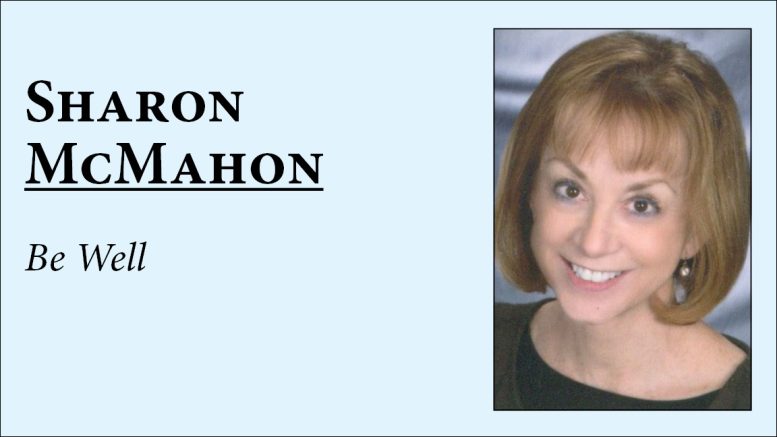“You know people don’t run out of dreams, people just run out of time.” – Glenn Frey, River of Dreams
I believe we are all aware of the American Heart Association’s use of February as recognition of the importance of good heart health and the very serious situation that we face when we don’t care for our hearts. (In this column, I am writing about the physical aspect, not the emotional aspect – although that can certainly affect our health as well.)
Additionally, unfortunately some of us are born with heart issues that are not a result of our lifestyles, and again, that is not a subject specifically referenced here.
The statistics on heart disease are staggering, much like the statistics on obesity:*
- Heart disease strikes someone in the U.S. about once every 43 seconds.
- Heart disease is the No. 1 cause of death in the United States, killing over 375,000 people a year.
- Heart disease is the No. 1 killer of women, taking more lives than all forms of cancer combined.
In 2011, about 326,200 people experienced out-of-hospital cardiac arrests in the United States. Of those treated by emergency medical services, 10.6 percent survived. Of the 19,300 bystander-witnessed out-of-hospital cardiac arrests in 2011, 31.4 percent survived.
Less than 1 percent of U.S. adults meet the American Heart Association’s definition for “Ideal Healthy Diet.” Essentially no children meet the definition. Of the five components of a healthy diet, reducing sodium and increasing whole grains are the biggest challenges.
Eating patterns have changed dramatically in recent decades. Research from 1971 to 2004 showed that women consumed an average of 22 percent more calories in that span and men consumed and average of 10 percent more. The average woman eats about 1,900 calories a day and the average man has nearly 2,700, according to the government figures. Hypertension is projected to increase about 8 percent between 2013 and 2030.
Valentine’s Day? Sure, why not? (Careful of the sugar!) However, let’s celebrate February with healthy heart habits and continue to pursue those dreams before we “run out of time.”
*Statistics provided by the American Heart Association
Sharon McMahon, CNWC
The opinions expressed in this article are not intended to replace advice of your personal physician or licensed health professional. Please consult your physician for any issues you may have related to nutrition or fitness activity.

